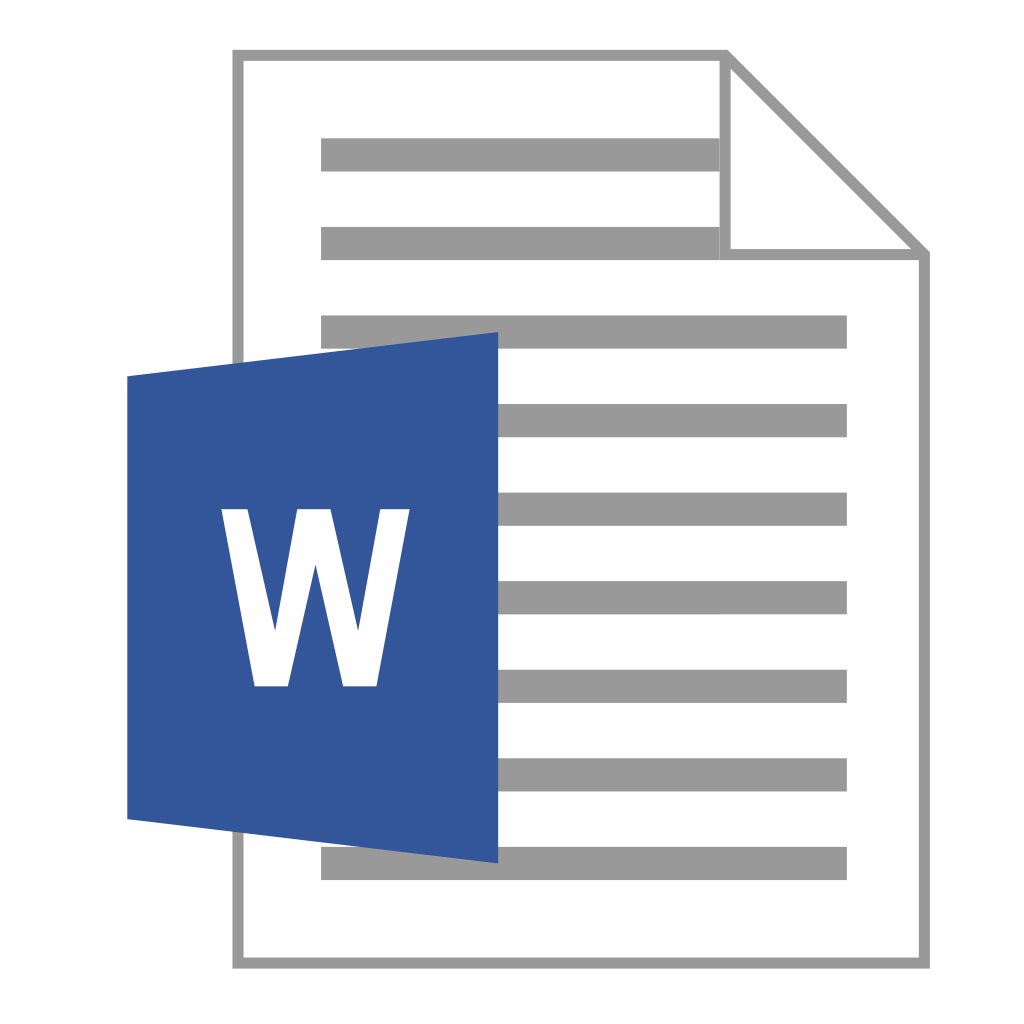Artificial Intelligence (AI) Policy of DICTUM Journal
Introduction
DICTUM Journal, an academic publication affiliated with Telkom University, acknowledges the significant value and potential that Artificial Intelligence (AI) offers to authors throughout their research and writing processes. We embrace the advancements in this technology as a means to foster idea generation, expedite research discovery, facilitate analysis of findings, refine language, and enhance manuscript structure.
While Large Language Models (LLMs) and Generative AI present transformative opportunities in both research and its dissemination, it is crucial to recognize that this technology cannot replicate the nuanced creativity and critical thinking inherent to human intellect. This policy outlines DICTUM Journal's stance on AI technology, serving as a guide for authors, reviewers, and editors to make ethical judgments regarding its use.
For Authors
Assistive AI
We understand that AI tools designed to assist in writing have become common practice. AI tools that provide suggestions to improve or enhance an author's original work, such as those for refining language, grammar, or structural coherence, are categorized as assistive AI. The use of such tools does not necessitate disclosure by authors. However, authors bear full responsibility for ensuring their manuscript's accuracy and adherence to rigorous scholarly standards.
Generative AI
The use of AI tools capable of generating content whether text, references, images, or any other form of content must be explicitly disclosed by the author. If any portion of your manuscript was generated by AI, this must be declared upon submission to allow the editorial team to evaluate the generated content. Authors are required to adhere to the following DICTUM Journal guidelines:
- Declare AI Use: Clearly state within the manuscript (in the methods or acknowledgements section) which AI model was utilized and its specific purpose.
- Verify All Content: Authors must rigorously verify the accuracy, validity, and appropriateness of all content and citations generated by AI models, correcting any errors or biases.
- Avoid Plagiarism: Be vigilant about the potential for plagiarism, as LLMs may inadvertently reproduce text from existing sources. Authors must cross-reference original sources to prevent any instances of plagiarism.
- Avoid Fabrication: Be aware of the potential for fabrication, where an LLM might generate false content, including incorrect facts or non-existent citations. Ensure all claims are thoroughly verified prior to submission.
- AI is Not an Author: It is imperative that AI bots, such as ChatGPT, are not listed as authors on your manuscript.
While the disclosed use of generative AI will not automatically lead to rejection, the Editor reserves the right to reject any manuscript where inappropriate use (such as the generation of incorrect content, plagiarism, or improper attribution) is discovered without prior disclosure.
For Reviewers and Editors
The use of AI or LLMs in editorial work presents potential concerns regarding confidentiality and copyright, as these tools may learn from the material they process and subsequently use it for other outputs.
Assistive AI
- Reviewers: Are permitted to use generative AI to enhance the language quality of their review reports. Nevertheless, they retain full responsibility for the content, accuracy, and constructive nature of their feedback.
- Editors: May utilize generative AI tools to aid in identifying suitable reviewers. However, the Editor maintains full responsibility for all content ultimately published in the journal.
Generative AI
- Reviewers: Are strictly prohibited from using ChatGPT or other generative AI tools to produce entire review reports. Violations will result in the immediate discarding of the review and the individual's exclusion from future invitations to review.
- Editors: Are strictly prohibited from using ChatGPT or other generative AI to compose decision letters or summaries of unpublished research.
Should a reviewer or editor suspect the inappropriate or undisclosed use of generative AI within a submitted manuscript, they are obligated to bring their concerns to the attention of the Editor-in-Chief of DICTUM Journal for thorough investigation.
Based on the AI policy for DICTUM Journal, the following actions are strictly prohibited:
For Authors
- Listing AI bots (such as ChatGPT) as an author on a manuscript.
- Committing plagiarism by allowing LLMs to reproduce text from other sources without proper attribution.
- Engaging in fabrication, such as generating false content, incorrect facts, or non-existent citations using AI.
- The undisclosed use of generative AI for inappropriate purposes, such as generating incorrect content or plagiarism.
For Reviewers
- Using ChatGPT or other generative AI tools to produce entire review reports.
For Editors
- Using ChatGPT or other generative AI tools to compose decision letters.
- Using AI to write summaries of unpublished research.

